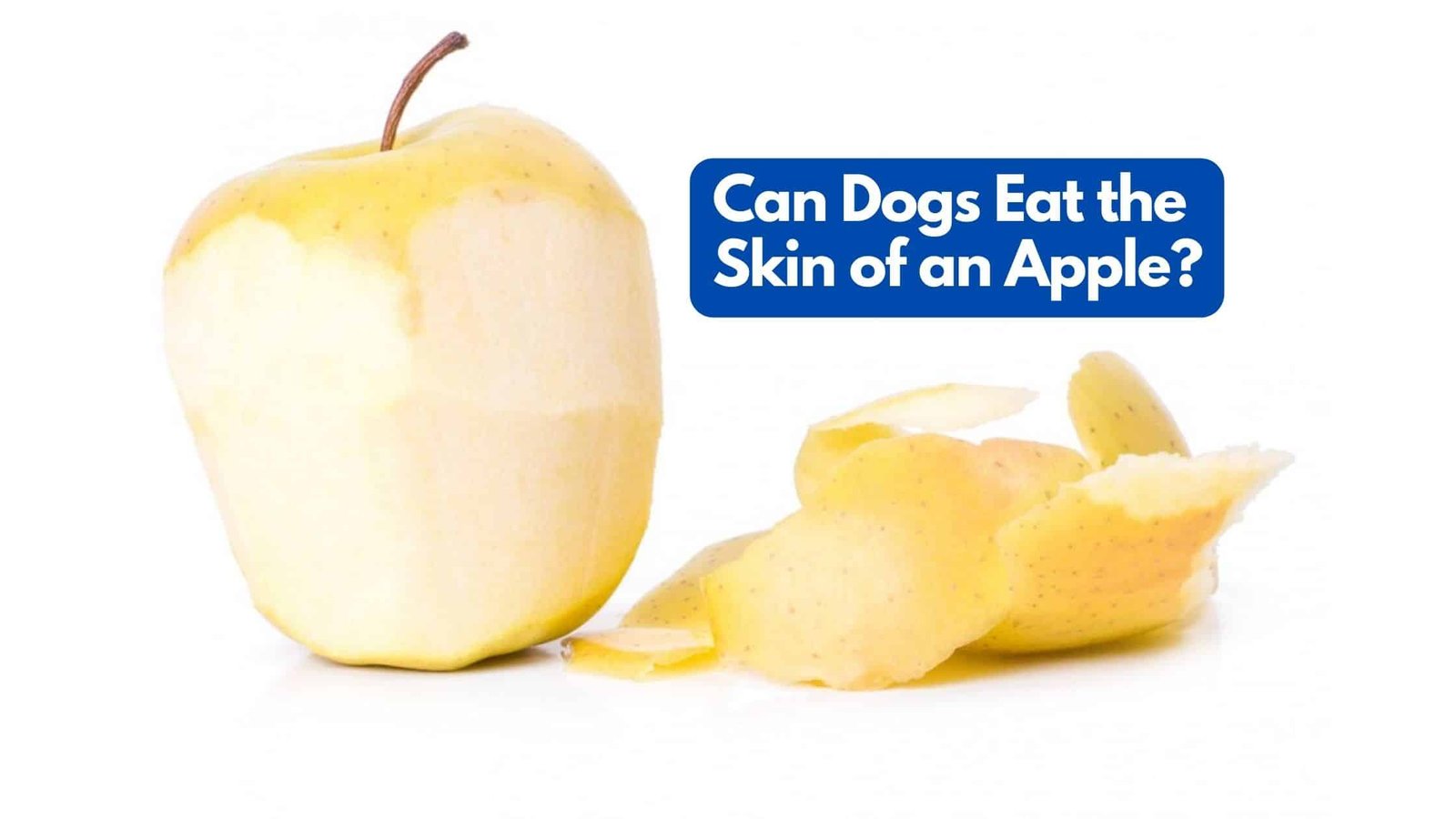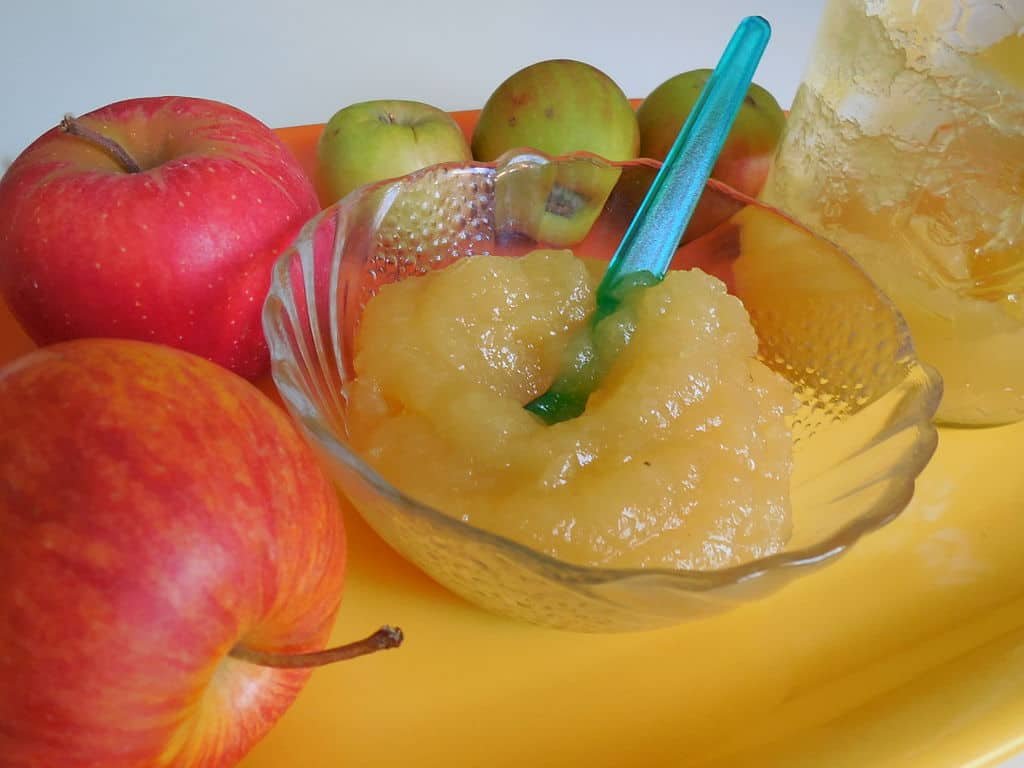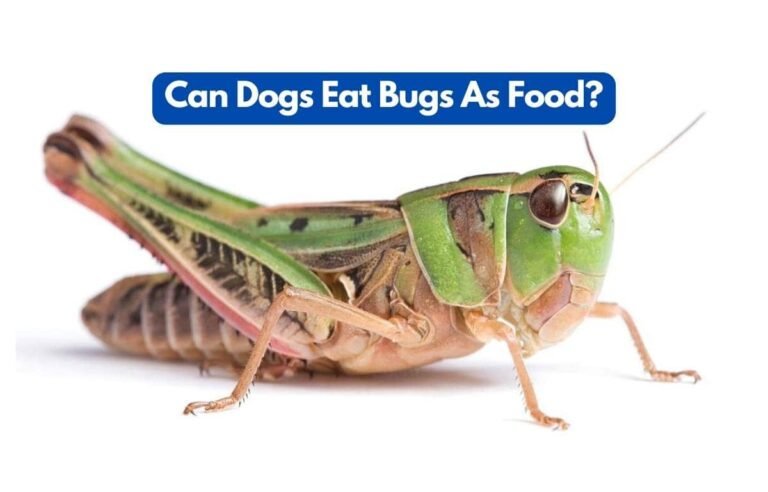Can Dogs Eat the Skin of an Apple? A Comprehensive Guide

We all know that apples are a great source of vitamins and fiber for humans, but did you know that they can also benefit our furry friends? However, before feeding apples to your dogs, it is crucial to know whether they can eat the skin or not. As a responsible dog owner, you want to ensure that you are not unknowingly putting your pet’s health at risk. In this blog post, we will explore the question, “Can dogs eat the skin of an apple?” and provide you with all the information you need to make an informed decision.
So, grab a cup of coffee, sit back, and let’s dive in!
Can Dogs Eat Apples?
Yes, dogs can eat apples, and they can be a healthy addition to their diet when fed in moderation. Apples are low in fat and calories and are a good source of vitamins and fiber. However, some precautions need to be taken to ensure that feeding apples to dogs does not cause any health problems.
Also read this: Can Dogs Eat Dragon Fruits? What Are The Benefits And Risk To Dogs?
Health Risks Associated with Feeding Apples to Dogs
Feeding too many apples to dogs can lead to digestive problems such as diarrhea and vomiting. That is because apples also contain natural sugars, which can be harmful to dogs with diabetes or those prone to obesity.
Also, the core and seeds of an apple contain cyanide, which can be toxic to dogs when consumed in large quantities.
Factors to Consider Before Feeding Apples to Dogs
Before feeding apples to dogs, it is essential to consider their overall health and dietary requirements.
Dogs with health problems such as diabetes, obesity, or kidney disease should not be fed apples without consulting a veterinarian. Additionally, it is crucial to introduce apples gradually into a dog’s diet to avoid digestive upset.

Can Dogs Eat the Skin of an Apple?
Yes, dogs can eat the skin of an apple, and it can provide several health benefits. Apple skin is rich in fiber, which aids digestion and helps regulate bowel movements in dogs. It also contains antioxidants, which protect cells from damage and boost the immune system.
Benefits of feeding apple skin to dogs:
- The skin of an apple is an excellent source of fiber, which helps maintain digestive health in dogs.
- Apple skins contain antioxidants that help reduce inflammation in your dog’s body.
- Vitamin C is also present in the skin of an apple, which helps boost your dog’s immune system and reduce the risk of infections.
Risks of feeding apple skin to dogs:
- Apple skins can be challenging to digest, leading to digestive issues such as diarrhea or upset stomach.
- Apple skins may contain pesticides or other chemicals if they are not organically grown. These can be harmful to your dog’s health and cause various health issues.
How to Choose the Right Type of Apple for Your Dog
If you have to choose between Organic vs. non-organic apples, it is always better to choose organic apples for your dog. That is because they are free from harmful pesticides or chemicals that can be harmful to your dog’s health.
Non-organic apples may contain harmful chemicals that can cause health issues such as digestive problems, neurological issues, or cancer.
When selecting apples for your dog, make sure they are fresh, firm, and free from bruises or other damage. Avoid apples that are soft or have started to rot, as they may contain harmful bacteria or fungi.
Also, consider the size of the apple and choose one that is appropriate for your dog’s size.
Factors to consider when choosing the right type of apple for your dog:
Different types of apples have different nutrient compositions, and it is essential to choose the right type of apple for your dog’s specific nutritional needs. For example, Granny Smith apples have higher levels of fiber and lower sugar content than other varieties, making them a better choice for dogs with diabetes or weight issues.

How to Prepare Apples for Dogs
- Washing and slicing apples for dogs: Before feeding apples to your dog, wash them thoroughly with water to remove any dirt or pesticide residue. It is also essential to remove the apple seeds, as they contain trace amounts of cyanide, which can be toxic to dogs.
- Cooking apples for dogs: Cooking apples for dogs can be an excellent way to make them more palatable for your furry friend. You can bake, boil, or steam apples, but make sure not to add any seasoning or sugar, as these can be harmful to your dog’s health.
- Adding apples to dog food: You can also add apples to your dog’s regular diet by mixing them with their food or using them as a treat during training sessions. However, be sure not to overfeed your dog with apples, as they can be high in sugar and lead to weight gain.
How Many Apples Can My Dog Eat?
While apples can be a healthy treat for dogs, it’s important to limit their consumption to prevent any potential health problems.
The recommended apple serving size for dogs
A good rule of thumb is to give your dog no more than 1-2 small pieces of apple per day and to cut the apple into small pieces to prevent choking.
Feeding too many apples to your dog can lead to digestive issues, including diarrhea and vomiting. Additionally, the high sugar content in apples can lead to weight gain and other health problems.
Can Dogs Eat Apple Cores?
No, dogs should not eat apple cores as they contain seeds that can be a choking hazard or cause digestive issues. The seeds contain trace amounts of cyanide, which can cause digestive problems, respiratory distress, or even death in severe cases.
Hence, it is best to remove the core and seeds before feeding your dog an apple. You can do this by slicing the apple into small pieces or using an apple corer to remove the core and seeds.

Can Dogs Eat Apple Seeds?
Dogs love to munch on fruits, but can they safely eat apple seeds? The answer is no. Apple seeds contain small amounts of cyanide, which can be poisonous to dogs when ingested in large quantities. Cyanide interferes with the dog’s ability to absorb oxygen, causing them to experience breathing difficulties and even death.
If you are giving apples to your dog, be sure to remove the seeds first. It is also important to keep the seeds away from your dog’s reach to prevent accidental ingestion.
Can Dogs Eat Applesauce?
While applesauce is not inherently toxic to dogs, it can contain added sugar and preservatives that can be harmful to your furry friend.
Feeding your dog too much applesauce can also lead to gastrointestinal upset, such as diarrhea and vomiting. In severe cases, it can even lead to pancreatitis, a serious inflammation of the pancreas.
If you want to feed applesauce to your dog, make sure to choose unsweetened and unflavored varieties. It is also important to limit the amount you give your dog and make sure it is only given as an occasional treat.

Can Dogs Eat Apple Butter?
Apple butter is a delicious spread that is made by cooking down apples with sugar and spices until it forms a thick, smooth paste. While apple butter can be a tasty treat for humans, it’s not the best option for dogs. Apple butter is typically high in sugar, which can be harmful to dogs if consumed in large amounts.
Additionally, many apple butter recipes contain spices like cinnamon, nutmeg, and cloves, which can cause stomach upset in dogs.
If you want to share a taste of apple butter with your dog, it’s best to do so in moderation. Only give your dog a small amount of plain apple butter, without any added sugar or spices. It’s also a good idea to avoid feeding apple butter to dogs with sensitive stomachs or digestive issues.
Can Dogs Eat Apple Pie?
Unfortunately, apple pie is not a good choice for dogs. Apple pie is typically made with sugar, butter, and flour, which can be harmful to dogs if consumed in large quantities. Additionally, many apple pie recipes contain spices like cinnamon, nutmeg, and cloves, which can cause stomach upset in dogs. The crust of the pie may also be difficult for dogs to digest. It’s best to avoid feeding apple pie to your dog altogether.
Can Dogs Have Apple Cider Vinegar?
Apple cider vinegar has become a popular home remedy for many different ailments, but is it safe for dogs to consume? In moderation, apple cider vinegar can actually have some health benefits for dogs. Apple cider vinegar is believed to have anti-inflammatory properties that can help soothe irritated skin and reduce itching. It may also help improve digestion and boost the immune system.
While apple cider vinegar can be beneficial for dogs, it’s important to use it in moderation. Too much apple cider vinegar can cause stomach upset and may even lead to serious health problems. It’s also important to dilute apple cider vinegar before giving it to your dog, as undiluted vinegar can be harsh and cause damage to the esophagus and other parts of the digestive system.
Other Fruit and Your Pup’s Gut
Apples aren’t the only fruit that dogs can safely consume. However, not all fruits are created equal, and some can be harmful to your furry friend. Here are some safe and toxic fruits to consider:
- Safe fruit for dogs: Blueberries, watermelon, mango, strawberries, bananas, pineapple, and oranges.
- Toxic fruit for dogs: Grapes and raisins, avocado, cherries, persimmons, peaches and plums, tomatoes, citrus
Frequently Asked Questions
1. How should apples be prepared for dogs?
Apples should be washed and sliced into small pieces before being fed to dogs. It’s best to remove the core and seeds, as they can be a choking hazard and contain small amounts of cyanide.
2. Can dogs eat cooked apples?
Yes, dogs can eat cooked apples as long as they are not seasoned with spices like cinnamon, which can be harmful to dogs in large quantities.
3. What should I do if my dog eats too many apples?
If your dog eats too many apples, it may experience digestive upset, such as diarrhea or vomiting. It’s best to monitor their symptoms and contact your veterinarian if they persist or worsen.
4. Can dogs eat other types of fruit?
Yes, dogs can eat a variety of fruits, but it’s important to research and ensure that they are safe for your furry friend to consume. Some fruits may contain toxic compounds that can be harmful to dogs in large quantities.
Conclusion: Can Dogs Eat the Skin of an Apple?
In conclusion, apples can be a nutritious and tasty treat for your furry friend, but it’s important to feed them in moderation and prepare them properly.
It’s also important to be aware of other safe and toxic fruits and to consult with your veterinarian if you have any concerns or questions about your dog’s diet.
Read Other Food Resources
- Can Dogs Eat Peppercorn? The Ultimate Truth About Peppercorns
- Can Dogs Eat Nutritional Yeast? Yes!! See The Awesome Benefits
- Can Dogs Eat Tylenol? Vets Reveal The Truth And Precautions
- Can Dogs Eat Pork Chop Bones? The Shocking Answer!!
- Can Dogs Eat Jello? Is It The Best Gelatin For Dogs?
References
Sources consulted for the article:
- “Fruits and Vegetables Dogs Can or Cannot Eat,” American Kennel Club, accessed April 24, 2023.
- “Can Dogs Eat Apples?,” WebMD, accessed April 24, 2023.
- “Which Fruits Can Dogs Eat,” PetMD, accessed April 24, 2023.





